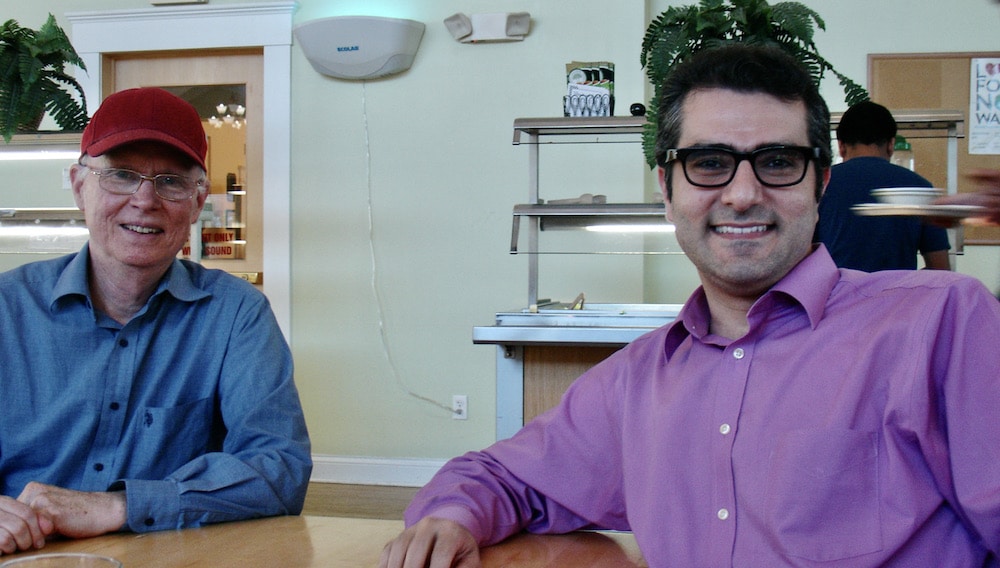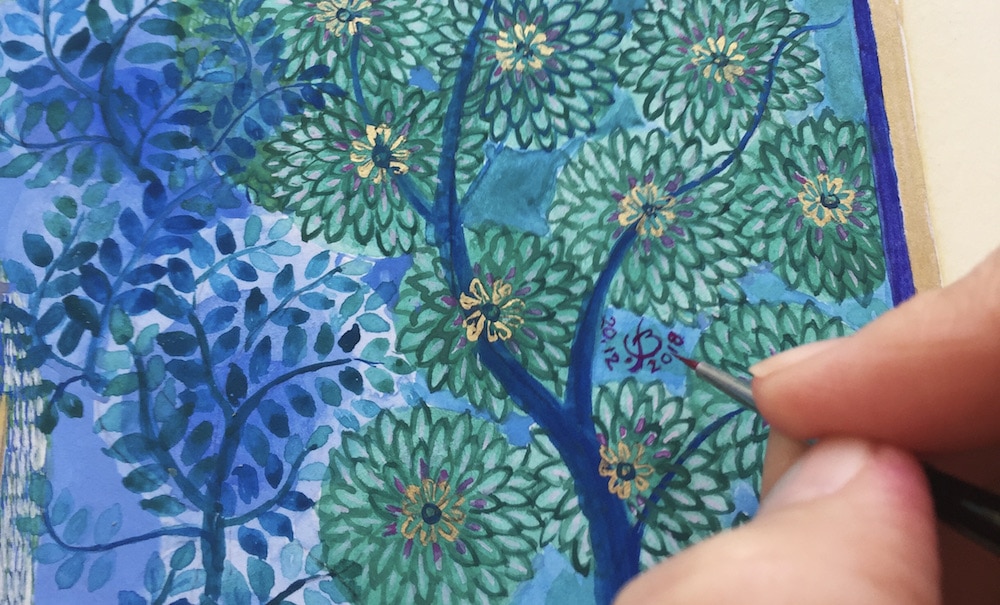
Burcu Çenberci — Enriching Life with Art

January 3, 2022 • ISSUE 604
Burcu Çenberci
|
According to a recent study by lead researcher Marie Loiselle, PhD, in the Journal of American College Health, Consciousness-Based℠ education buffers the effects of stress on mental and physical health in college students. Assistant Professor Loiselle and her co-author, Professor Fred Travis, compared surveys of 321 undergraduate students at MIU between 2008 and 2014. The students were surveyed during their first month of college and again a couple of months before graduation.
The students spent two to three years at MIU, and they participated in at least one daily group practice of the Transcendental Meditation® program. They had access to counseling, attended classes with a variety of lifestyle recommendations, and ate fresh organic food in the campus cafeteria.
|
|
The data showed significant improvements in eight out of eleven areas of the survey, including lower anxiety and depression, improved self-esteem, and increased mental and physical health. In contrast, studies at other universities report a general decrease in mental and physical health over the college years.
The study concluded that Consciousness-Based education appears to be an effective tool in improving student well-being, which is a key factor in academic success.
Assistant Professor Loiselle received her doctorate degree from MIU in Maharishi Vedic Science℠ in 2018. She first enrolled at MIU in 1974 and earned a bachelor’s degree in interdisciplinary studies. Later she obtained a master’s in higher education administration from MIU.
|
|
She is a certified teacher of the TM® technique, taught at Maharishi School for 11 years, and is currently the director of MIU’s Evaluations and Assessments, which conducts the student surveys used in her study. Her research interests also include the effect of the TM technique on burnout in educators, health care workers, and professionals in other high-stress jobs.
|

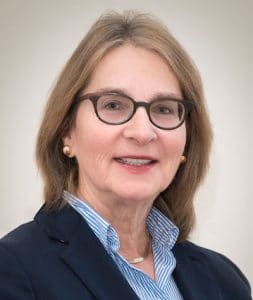
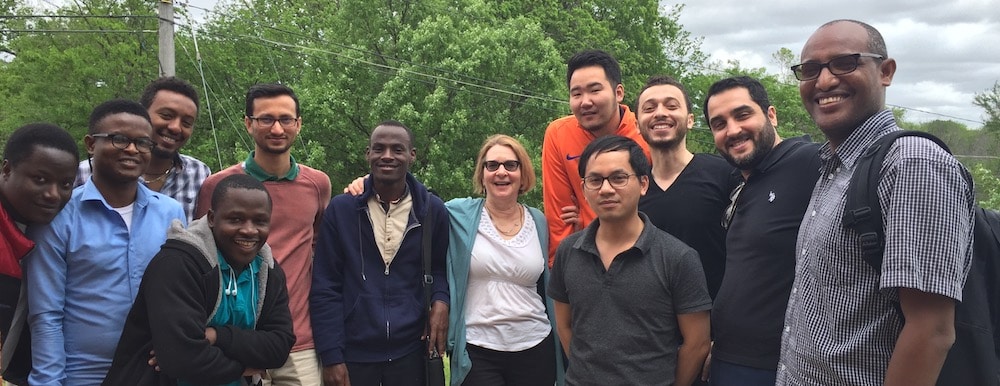
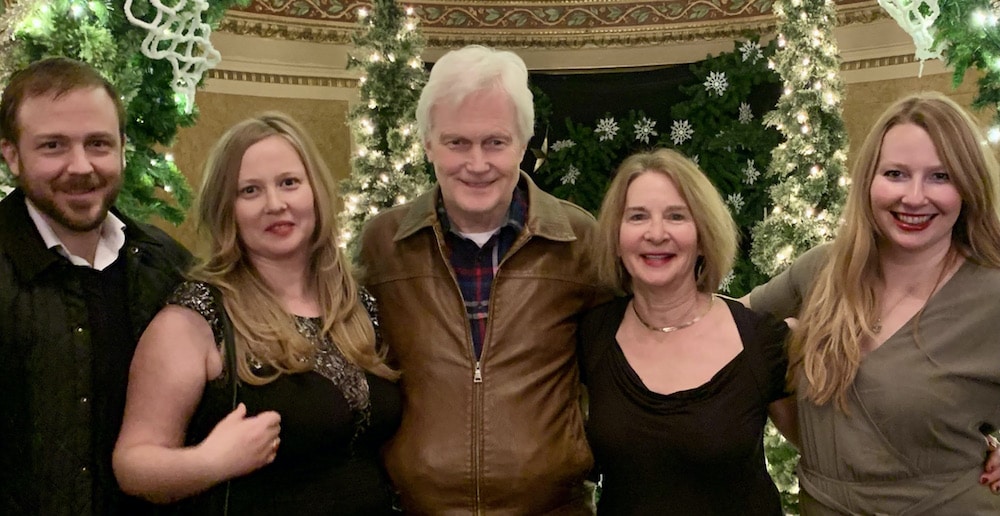
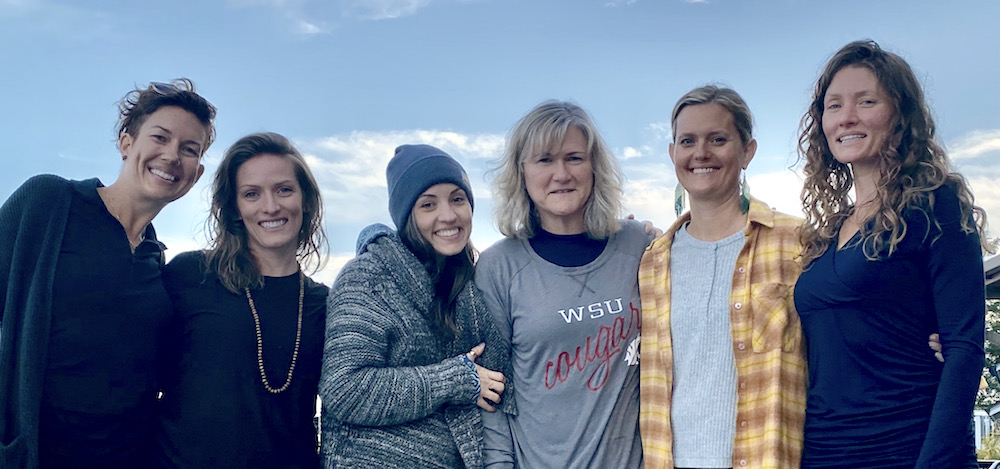
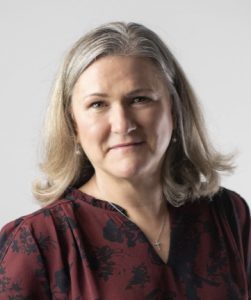

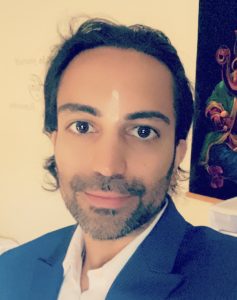 MIU student Sunpreet Chohan came to the United States from India as a child with his family, who settled down in Long Island, New York. Sunpreet began a career in banking at the age of 16 and worked his way up from teller to investment banker while earning a bachelor’s degree from Saint John’s University, New York City.
MIU student Sunpreet Chohan came to the United States from India as a child with his family, who settled down in Long Island, New York. Sunpreet began a career in banking at the age of 16 and worked his way up from teller to investment banker while earning a bachelor’s degree from Saint John’s University, New York City.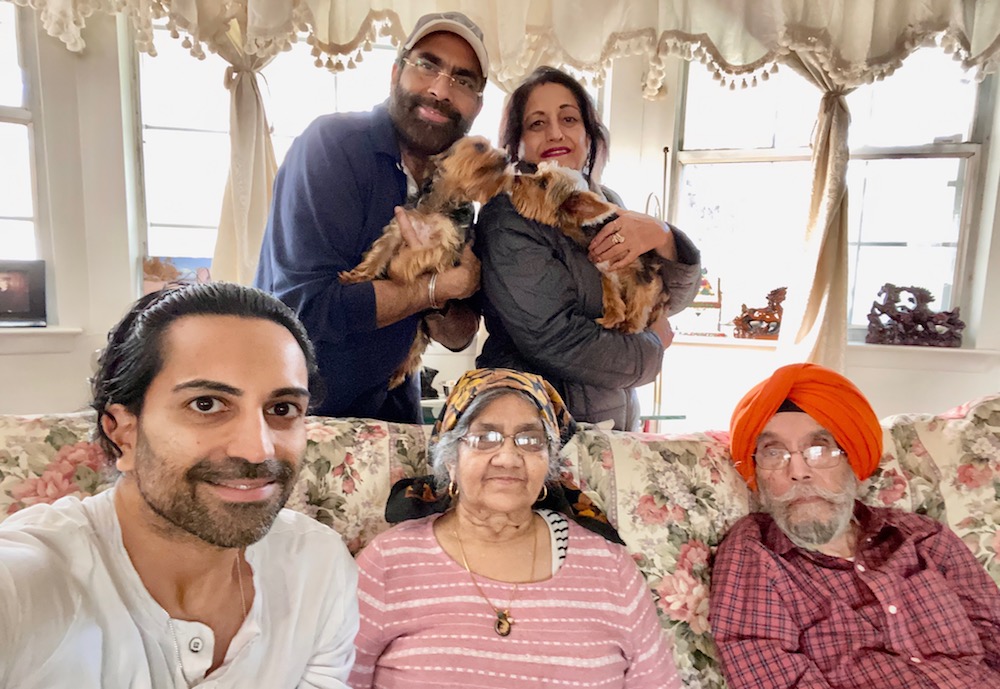
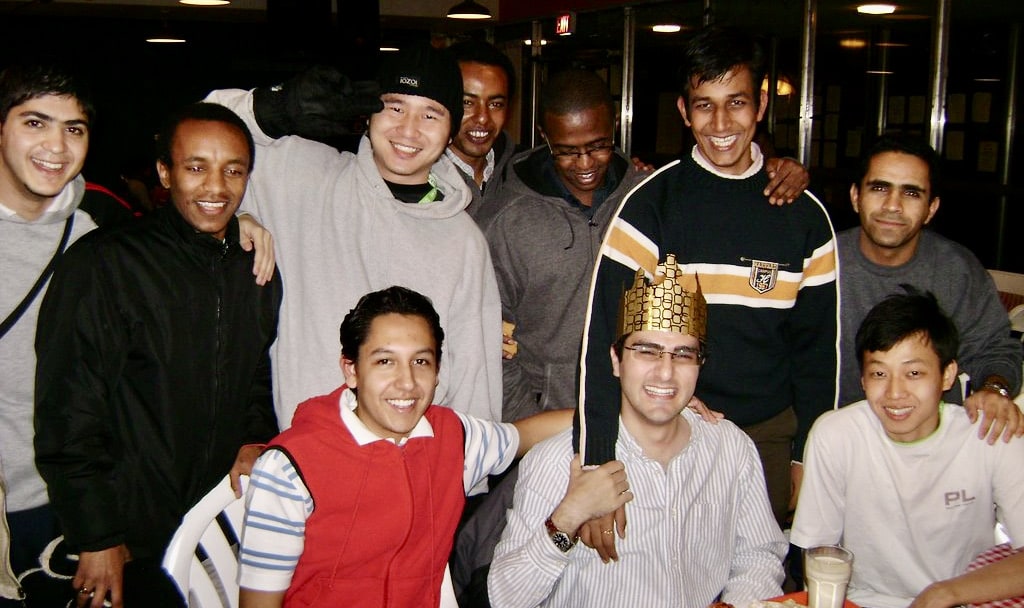
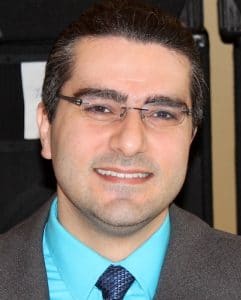 MIU alumnus Najeeb Najeeb recently rejoined MIU faculty after completing his PhD in robotics and spending two years working on self-driving cars in California.
MIU alumnus Najeeb Najeeb recently rejoined MIU faculty after completing his PhD in robotics and spending two years working on self-driving cars in California.